With most of the results now in, it’s clear that the Labour Party has achieved a landslide victory in the 2024 UK General Election and that it will replace the current Conservative Party government. In Scotland the SNP, the largest party in the Scottish Parliament, won just 9 seats versus the 48 that it won in the 2019 UK General Election. So, what do these results mean for the Scottish property market?
In the immediate term, the answer is likely to be less dramatic than it might be in England. Most of the important rules that directly affect the property market in Scotland are “devolved” from the UK government to the Scottish parliament in Holyrood. The SNP remains the largest party in the Scottish Parliament and the next Scottish parliamentary election isn’t until 2026.
Tax on property purchases is set by Holyrood, which is why Scotland has Land and Buildings Transaction Tax (LBTT) rather than Stamp Duty Land Tax (SDLT) in England.
The level of Additional Dwelling Supplement (ADS) is also set by the Scottish parliament. This is a key factor in the attractiveness of properties to private property investors. ADS in Scotland is currently 6% of the total purchase price, over and above any LBTT payable. In England, people buying an additional dwelling pay a rate of SDLT that’s 3% higher than if it was their main residence. So, a £200,000 buy-to-let investment in England will cost £6,000 in purchase taxes (SDLT) whereas in Scotland it will cost the buyer £13,100 in LBTT and ADS.
Rent caps and rules around tenancies have a significant effect on the residential property market. Where the regime is made less attractive for existing or potential landlords, they are more likely to sell their properties, reducing the amount of properties available for private renters. In Scotland, these rules are also determined in Holyrood.
In short, many of the sorts of initiatives that new governments might introduce to stimulate the property market, or to cool it down in certain areas, will not automatically apply in Scotland. A change to the level of First Time Buyer relief on SDLT or any changes to the rules applying to taxes on additional dwellings would be examples of these sorts of initiatives.
The primary driver of affordability for property owners and buyers, in the last couple of years, has been mortgage rates. Any changes in the UK economy that encourage the Bank of England to lower its “base rate”, and which are then translated into more affordable mortgage payments, will apply across the whole of the UK and not just in England. Other changes that might be felt in Scotland would be around government-backed mortgage schemes, such as we have seen in the past with Help to Buy, that support lenders in providing mortgage products with smaller deposits.
Of course, with the SNP looking towards the 2026 election, you would have to assume that popular initiatives in England are more likely to be mirrored in Scotland. However, in the short to medium term, the result of the 2024 Labour Party landslide general election result in the UK is unlikely to change many of the policies and factors that directly affect the Scottish property market.
Thinking of Selling Your Property?
If you’re thinking of selling your property, our team of experts is here to help you get the best possible price in the quickest possible time. With decades of experience under our belt, we’ve seen all possible market conditions over the years and are perfectly placed to help you navigate the current property landscape. Get in touch today!
Fill in our free online home valuation form here
Call us on 0345 646 0208 (Option 1)
or email [email protected] to organise a free valuation of your home or to get a full, transparent breakdown of the costs of selling your home.
Thinking of Buying?
Our specialist Purchasing Team helps thousands of buyers every year to get the best deal on their next dream home, while our friendly and expert lawyers will guide you step-by-step through the Scottish buying process until you have the keys in your hand.
Get a quote for buying online here
Call us on 0345 646 0208 (Option 2)
or email [email protected], and we’ll be delighted to help.
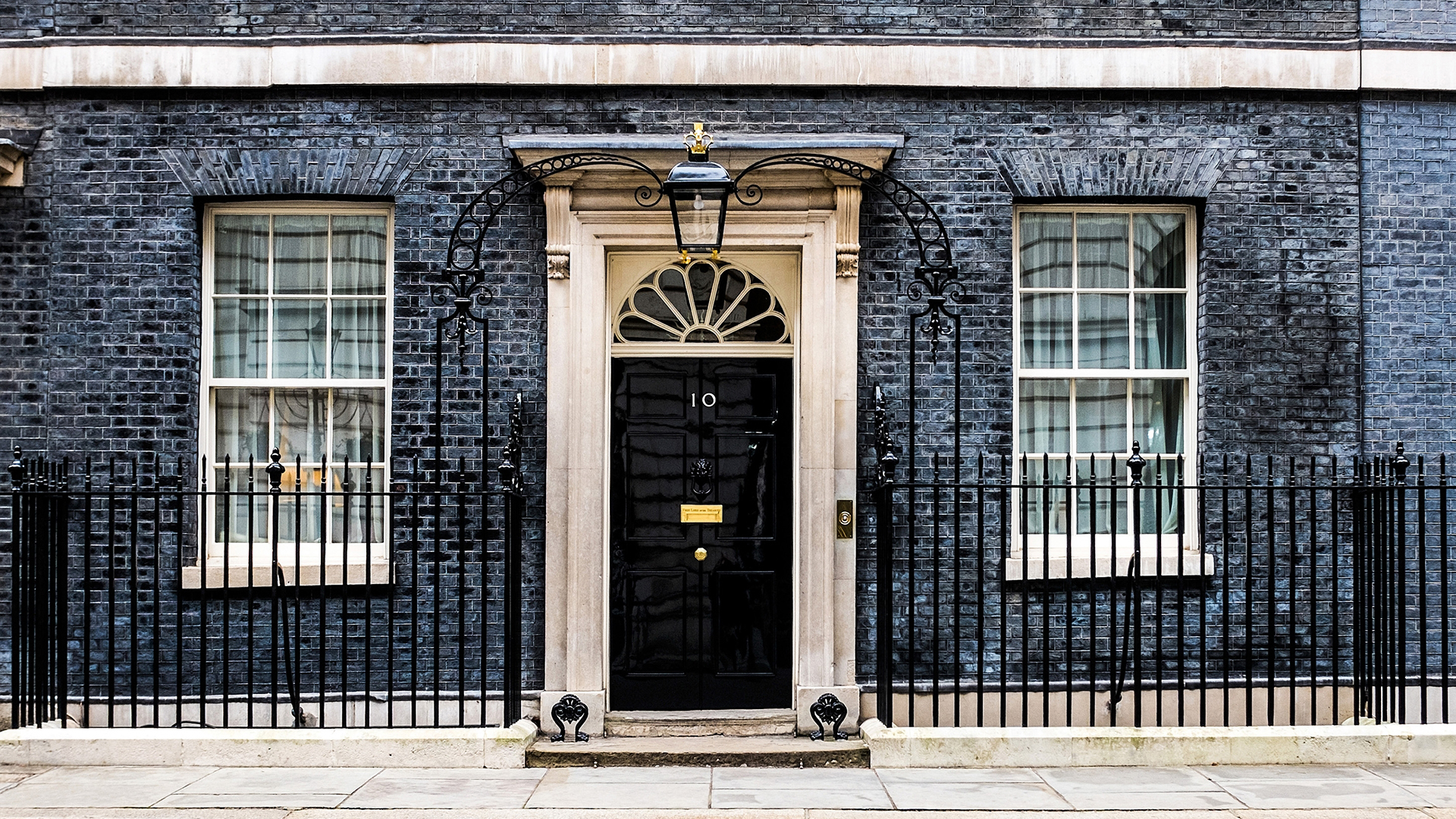
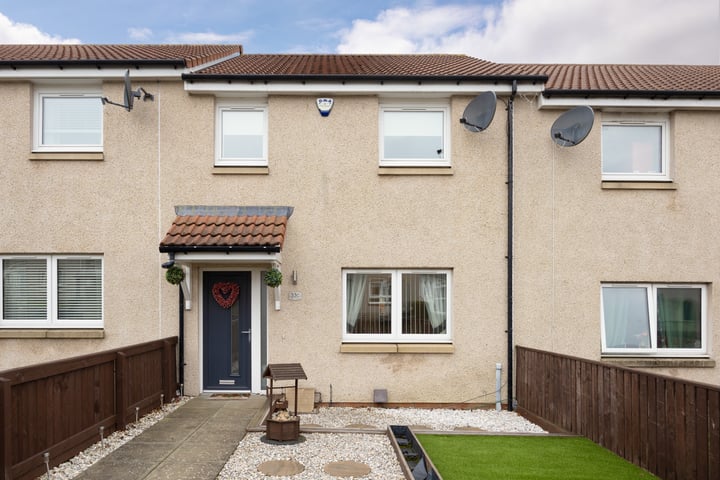

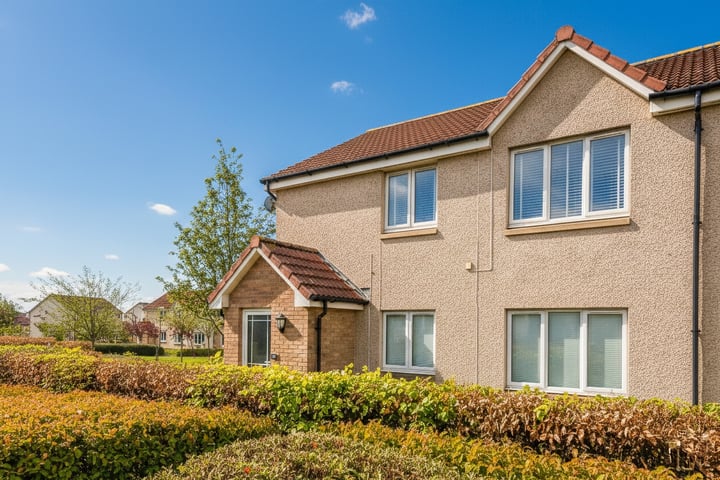
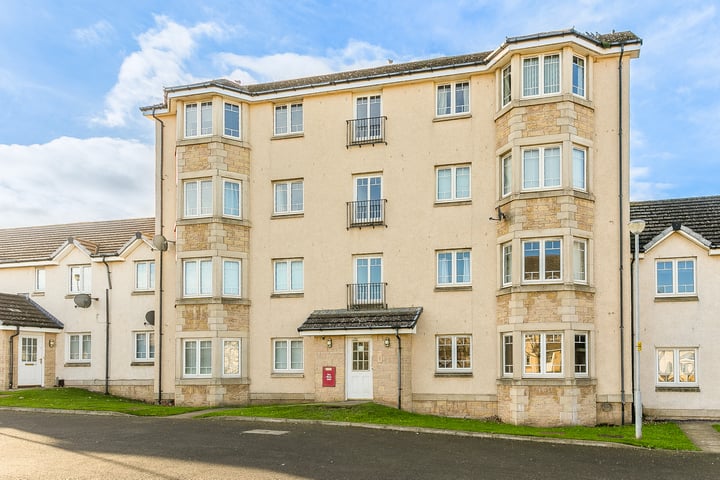
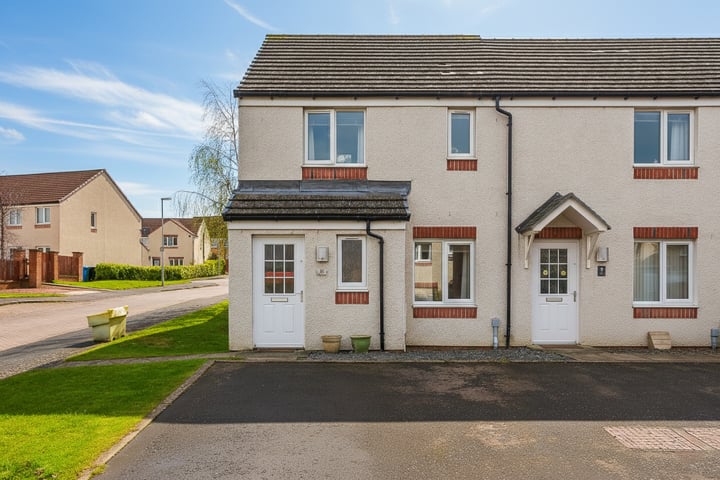

Leave a Reply